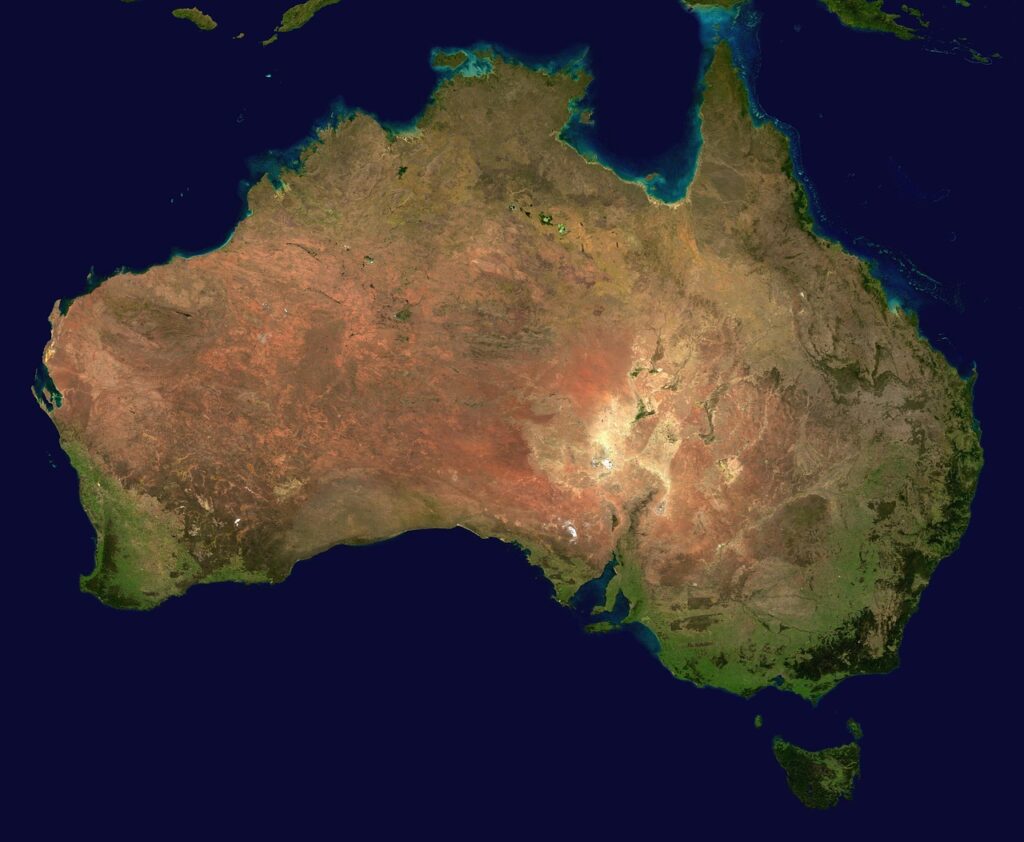ABEL Energy has chosen Johnson Matthey (JM) and SunGas Renewables for its flagship green hydrogen and methanol project at Bell Bay in Northern Tasmania. This A$1.4 billion venture is set to commence production by 2027, showcasing Australia’s commitment to green fuels and decarbonization.
The Bell Bay Powerfuels Project aims to produce 300,000 tonnes per year of green methanol, a substantial leap contributing three times Australia’s current methanol consumption. This green methanol will serve as a shipping fuel, equivalent to removing 540,000 tonnes of fossil fuel CO₂ from the atmosphere. The project signifies a key step in decarbonizing the shipping industry, responding to the surge in demand for sustainable clean-burning fuels.
JM, a global leader in methanol synthesis technology, brings its optimized design and robust catalysts to enhance the methanol synthesis loop. The addition of green hydrogen not only boosts methanol production but also increases carbon utilization efficiency. SunGas Renewables, a leader in biomass gasification technology, plays a vital role in the large-scale production of renewable fuels.
Since the release of ABEL Energy’s Knowledge-Sharing Report in June 2022, the Bell Bay project’s scale has substantially increased. Fueled by a surge in forward demand for green methanol as a shipping fuel, the project now requires 240MW of electrolysis for green hydrogen production. The collaboration with JM and SunGas Renewables aims to integrate cutting-edge technologies into the facility.
The rise in demand for green methanol aligns with major container shipping companies’ orders for new ships fueled by sustainable, clean-burning fuels. Leading the charge is Danish multinational A.P. Moller – Maersk, highlighting a paradigm shift towards cleaner alternatives in the maritime industry.





